Home>Interior Design>What Does A Messy Room Say About Your Personality?
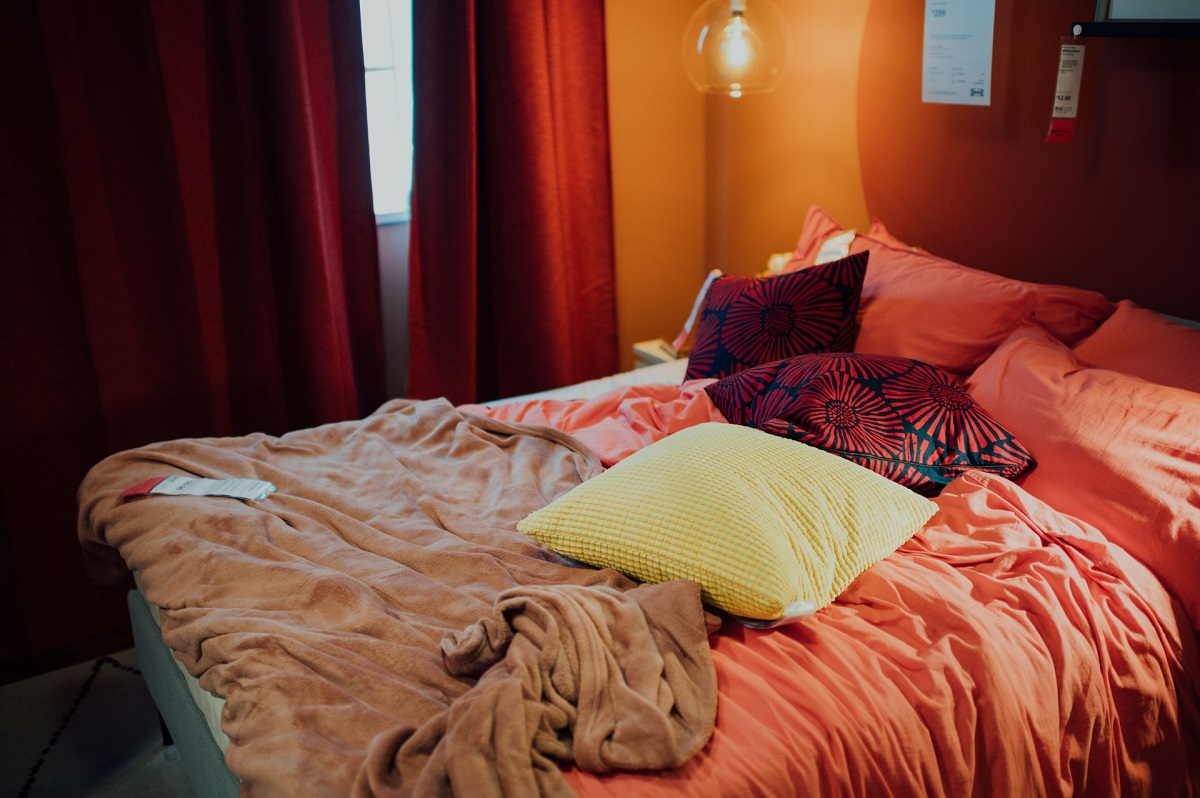

Interior Design
What Does A Messy Room Say About Your Personality?
Modified: December 7, 2023
Discover what the state of your messy room reveals about your personality. Explore the correlation between interior design and personal traits.
(Many of the links in this article redirect to a specific reviewed product. Your purchase of these products through affiliate links helps to generate commission for Storables.com, at no extra cost. Learn more)
Introduction
Welcome to the fascinating world of interior design, where the arrangement and aesthetics of our living spaces can have a profound impact on our lives. One aspect of interior design that often sparks curiosity is the state of cleanliness and organization, or lack thereof, in our rooms. A messy room can tell a lot about a person’s personality and mindset.
Some may argue that a messy room simply indicates a lack of tidiness or laziness. However, there is often more to it than meets the eye. Research has shown that the state of our living spaces can provide valuable insights into our cognitive processes, emotional states, and overall personality traits.
In this article, we will explore the link between messy rooms and personality. We will delve into the various aspects that contribute to the state of a room, such as creativity, intelligence, procrastination, stress, and even personality disorders. So, let’s dig deeper and uncover the hidden meanings behind a messy room!
Key Takeaways:
- Embrace the complexity of messy rooms as a reflection of creativity, intelligence, procrastination, and stress, recognizing that it’s a personal choice that offers valuable insights into our personalities.
- While a messy room may indicate underlying mental health issues, it’s crucial to approach the topic with empathy and encourage seeking professional help when necessary. Understanding the multifaceted nature of messy rooms can lead to creating environments that support well-being and personal growth.
Read more: What Does The Bible Say About Seeds
The link between messy rooms and personality
Have you ever walked into someone’s messy room and felt like you were getting a glimpse into their inner thoughts and disposition? Well, you might just be onto something. Research suggests that there is indeed a connection between the state of our rooms and our personality traits.
One significant factor to consider is the level of creativity exhibited by individuals with messy rooms. A cluttered space may indicate an active mind that thrives on non-linear thinking. Creative individuals often see the world in a unique way and are more willing to explore unconventional ideas. Their messy rooms may serve as a physical representation of their divergent thoughts and imaginative processes. So, don’t be too quick to judge a messy room – it might be the birthplace of artistic inspiration.
But what about intelligence? Does a messy room imply a lower IQ? Surprisingly, that may not be the case. In fact, studies have shown that intelligent individuals often have messy desks or workspaces. Albert Einstein, one of the greatest minds in history, famously had a cluttered workspace. This correlation can be attributed to the idea that highly intelligent people are more focused on their thoughts and ideas than on organizing their physical surroundings. So, the next time you encounter a messy room, remember that it could be a sign of intellectual brilliance.
Procrastination is another factor that can contribute to the messiness of a room. Procrastinators often struggle with starting and completing tasks, which can result in a cluttered living space. The mess becomes a visual reminder of unfinished projects and a reflection of their tendency to postpone responsibilities. It’s important to note that while a messy room may indicate procrastination, it doesn’t mean that all individuals with a messy room are chronic procrastinators. There may be other underlying factors at play.
Lastly, stress can also play a role in the state of our rooms. When we are overwhelmed or mentally exhausted, our ability to maintain an organized space may decline. A cluttered room may signify heightened stress levels or an attempt to exert control over a chaotic internal state. It’s crucial to recognize the link between our emotional well-being and the physical environment we inhabit.
As we can see, there is a complex relationship between messy rooms and personality. It’s important to remember that a messy room doesn’t define a person’s entire personality but offers a glimpse into certain aspects of their mindset and behavior. Embracing different levels of organization and cleanliness is a personal choice, and what matters most is finding a balance that promotes our well-being and productivity.
Messy rooms and creativity
When it comes to creativity, some people thrive in an organized and clean environment, while others find inspiration amidst the chaos of a messy room. Messy rooms can be a breeding ground for creative ideas and innovation.
One reason why messy rooms can fuel creativity is that they provide a visually stimulating and dynamic space. A room filled with books, art supplies, and various objects can serve as a constant source of inspiration. The visual clutter can encourage out-of-the-box thinking and can trigger connections between ideas that may not have been made in a tidy and sterile environment.
Messy rooms can also represent a sense of freedom and spontaneity. They allow for the exploration of different materials, textures, and colors without the constraints of strict organization. This lack of structure can create an environment where unconventional ideas are celebrated and where creativity can flow freely.
Additionally, messy rooms can convey a sense of authenticity and uniqueness. When we embrace the mess, we show the world that we are unafraid to be vulnerable and genuine in our creative endeavors. A perfectly organized and staged room may give the impression of conformity and adherence to societal norms, while a messy room signifies a willingness to break free from conventions and explore new territories.
It’s important to note that not everyone’s creativity thrives in a messy environment. Some individuals find that a clean and organized room helps them focus and channel their creativity more effectively. Each person has their own unique preferences and processes. The key is to find the environment that best stimulates their creative output.
Whether you prefer a messy room or a clean one, what truly matters is embracing your own creative journey and finding a space that supports and nurtures your imagination. So, don’t be afraid to let your room reflect your creative spirit, whether that means organized chaos or pristine serenity.
Messy rooms and intelligence
The notion that a messy room is a sign of a disorganized and unintelligent mind is not always accurate. In fact, studies have suggested that there may be a correlation between messy rooms and higher intelligence.
One possible explanation for this is the concept of creative chaos. Intelligent individuals often have a higher capacity for divergent thinking and exploring different ideas. They may prioritize their mental processes over maintaining a tidy physical environment. Their focus is on generating ideas and solving complex problems, rather than on keeping their surroundings meticulously organized.
Furthermore, intelligence is not solely measured by one’s ability to maintain an orderly space. Highly intelligent people can excel in various domains, ranging from art and science to literature and mathematics. Their brilliance lies in their cognitive abilities and their capacity to think critically and creatively, rather than in their tidiness.
It’s worth mentioning that intelligence is a multifaceted trait that cannot simply be determined by the cleanliness of a room. It encompasses a broad range of cognitive abilities, such as problem-solving skills, logical reasoning, and creativity. These traits are not directly linked to organization or cleanliness.
Additionally, some individuals may find comfort in a chaotic environment. The clutter may serve as a form of organized chaos where they can navigate and locate items with ease. It’s important to remember that everyone has their own unique ways of organizing their spaces and that it does not necessarily reflect their intelligence or capability.
While it’s true that a messy room may not be the epitome of order and structure, it doesn’t necessarily imply a lack of intelligence. It’s important to look beyond the superficial and consider the individual’s intellectual abilities, achievements, and problem-solving skills.
Ultimately, intelligence should be assessed based on the individual’s cognitive abilities and accomplishments, rather than on the cleanliness of their physical space. So, if you have a messy room, don’t let it undermine your confidence in your own intelligence. Embrace your unique way of thinking and focus on cultivating your intellectual capabilities.
A messy room may indicate creativity, but it can also suggest disorganization and lack of focus. Taking small steps to declutter and organize can improve your overall well-being and productivity.
Messy rooms and procrastination
Procrastination is a common struggle for many individuals, and it can often be reflected in the state of their rooms. A messy room can be a manifestation of procrastination, but it’s important to understand that not all individuals with messy rooms are chronic procrastinators.
For some people, a messy room can become a source of distraction and a way to avoid tasks that need to be completed. Rather than facing their responsibilities head-on, they may find themselves easily pulled into the chaos of their environment. The clutter becomes a visual reminder of all the unfinished tasks and can fuel a cycle of procrastination.
Procrastination often stems from various underlying factors, including fear of failure, lack of motivation, or time management issues. A messy room can exacerbate these challenges by adding to the feeling of being overwhelmed and disorganized. The physical disorder can mirror one’s internal struggles to maintain structure and meet deadlines.
However, it’s important to note that not all individuals with messy rooms are necessarily procrastinating. Some people may have busy schedules or other priorities that prevent them from devoting time to tidying up their living space. It’s crucial not to make assumptions about someone’s work ethic or time management skills based solely on the state of their room.
Procrastination is a complex issue that requires self-reflection, motivation, and effective time management strategies to overcome. Cleaning and organizing one’s room can actually be a productive way to combat procrastination. By decluttering the physical space, individuals can create a more conducive environment for focused work and reduce distractions.
If you find yourself struggling with procrastination, it’s important to address the root causes and develop strategies to overcome it. This may involve breaking tasks into smaller, manageable steps, setting deadlines, eliminating distractions, and seeking support from friends, family, or professionals if needed.
Remember, a messy room may be a symptom of procrastination, but it does not define your ability to be productive or successful. By tackling procrastination head-on and cultivating effective time management habits, you can create a more organized and balanced life.
Read more: What Your Home Decor Says About You
Messy rooms and stress
Our living spaces can have a significant impact on our mental well-being, and the state of our rooms is no exception. A messy room can contribute to feelings of stress and overwhelm, creating a cycle that can be challenging to break.
Stress often arises from various sources in our lives, such as work, relationships, and personal obligations. When our rooms are cluttered and disorganized, it can add an additional layer of stress to our daily lives. The visual chaos can create a sense of unease and make it difficult to relax and unwind in our own space.
Moreover, a messy room can make it harder to find things we need, leading to increased frustration and wasted time searching for misplaced items. The disarray can disrupt our daily routines and hinder our ability to carry out daily tasks efficiently, further contributing to feelings of stress and a sense of being overwhelmed.
Additionally, the accumulation of belongings and clutter in our rooms can create a sense of heaviness and burden. We may feel weighed down by the excess items and the constant reminder of unfinished projects or tasks. The mess can create a feeling of being trapped or suffocated by our physical environment, amplifying our stress levels.
On the other hand, maintaining an organized and clean room can promote a sense of calm and tranquility. A clutter-free space can create an atmosphere that allows us to focus and relax, reducing our stress levels. Being able to locate items easily and move freely within our rooms can contribute to a sense of control and alleviate the mental burden associated with a messy environment.
Reducing stress and creating a more peaceful living environment can begin by implementing small changes. Start by decluttering and organizing your room one area at a time. Create designated storage spaces for your belongings and develop daily habits to maintain tidiness. Taking these steps can help establish a more serene and stress-free atmosphere.
Remember, the state of your room is not just a reflection of your physical surroundings but can also impact your mental state. By striving to create a clean and organized space, you will be actively contributing to reducing stress and promoting a sense of well-being within your living environment.
Messy rooms and personality disorders
While a messy room can have various explanations and interpretations, it’s important to note that extreme cases of clutter and disorganization can indicate underlying mental health issues, including certain personality disorders.
One personality disorder that is often associated with a messy living environment is hoarding disorder. Hoarding disorder is characterized by an excessive and persistent difficulty in parting with possessions, leading to an accumulation of clutter and the inability to maintain an organized space. Hoarders often attach emotional significance to their belongings and may experience intense distress when faced with the prospect of discarding items. Their messy rooms become a reflection of their personal struggle with hoarding behavior.
Individuals with obsessive-compulsive personality disorder (OCPD) may also have tendencies towards maintaining a messy room. OCPD is characterized by an extreme focus on order, perfectionism, and rigid adherence to rules. Paradoxically, this can manifest as an inability to organize and declutter, as the individual may become overwhelmed by the need for perfection and a fear of making mistakes. While their messy rooms may seem counterintuitive to the perfectionistic nature of their disorder, it reflects their internal struggles with maintaining control and meeting their own unattainable standards.
It’s important to remember that a messy room does not automatically indicate the presence of a personality disorder. However, in cases where the clutter and disorganization are persistent, extreme, and significantly impact an individual’s daily functioning and well-being, it may be indicative of an underlying issue that requires professional help and support.
If you or someone you know is struggling with excessive clutter, disorganization, or difficulties in maintaining a clean living space, it’s crucial to seek assistance from a mental health professional. They can provide a proper diagnosis, offer guidance on treatment options, and support individuals in creating a healthier and more manageable living environment.
Understanding the connection between messy rooms and personality disorders can contribute to reducing stigma and fostering empathy towards individuals who may be facing these challenges. It’s important to approach the topic with compassion and promote awareness of the resources available to support those in need.
Conclusion
The state of our rooms can reveal a lot about our personalities, habits, and emotions. While a messy room may often be viewed negatively or associated with laziness, it’s important to recognize that there are various factors at play. From creativity and intelligence to procrastination and stress, the condition of our rooms can provide valuable insights into our lives.
Messy rooms have been linked to creativity, with a cluttered space often serving as a breeding ground for innovative ideas and unconventional thinking. Similarly, intelligence is not solely determined by the tidiness of a room, as highly intelligent individuals may prioritize their mental processes over physical organization.
Procrastination can manifest itself in a messy room, with individuals finding it difficult to focus on tasks and using the disorder as a way to avoid responsibilities. Stress can also contribute to a messy room, as an overwhelmed mind may struggle to maintain order in its physical surroundings.
In some cases, extreme clutter may be indicative of underlying mental health issues such as hoarding disorder or obsessive-compulsive personality disorder. It’s essential to approach these situations with empathy and encourage individuals to seek professional help when necessary.
However, it’s important to remember that a messy room does not define a person’s entire personality or capabilities. It’s ultimately a personal choice, and what matters most is finding a balance that promotes well-being and productivity. Whether it’s a messy room that sparks creativity or a clean and organized environment that fosters focus, each person has their unique preferences and needs.
In conclusion, the link between messy rooms and personality is complex and multifaceted. It’s an intriguing aspect of interior design that highlights the ways in which our living spaces can influence our thoughts, emotions, and behaviors. By understanding the various factors that contribute to the condition of a room, we can gain insights into ourselves and others, and create environments that support our well-being and personal growth.
Frequently Asked Questions about What Does A Messy Room Say About Your Personality?
Was this page helpful?
At Storables.com, we guarantee accurate and reliable information. Our content, validated by Expert Board Contributors, is crafted following stringent Editorial Policies. We're committed to providing you with well-researched, expert-backed insights for all your informational needs.


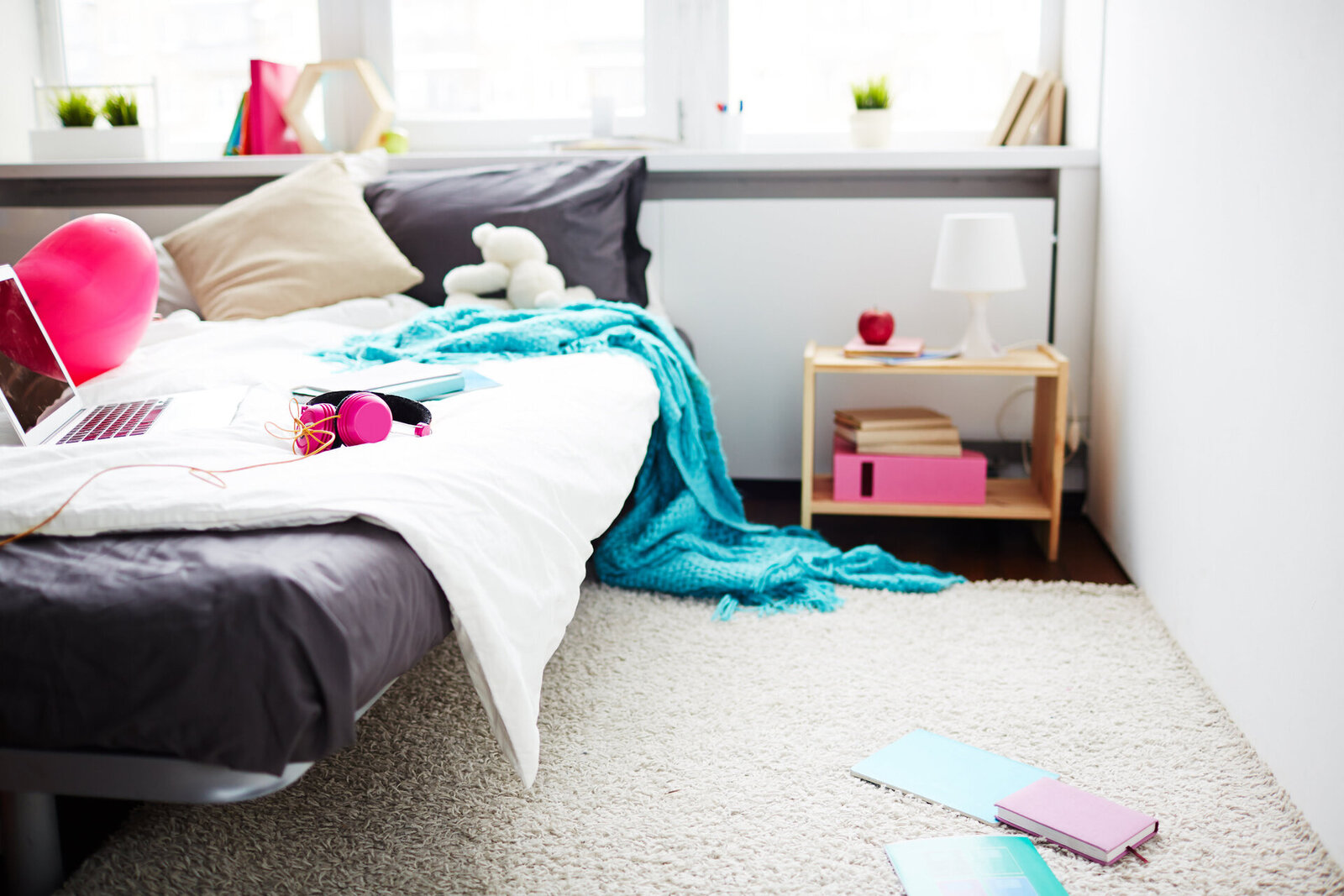
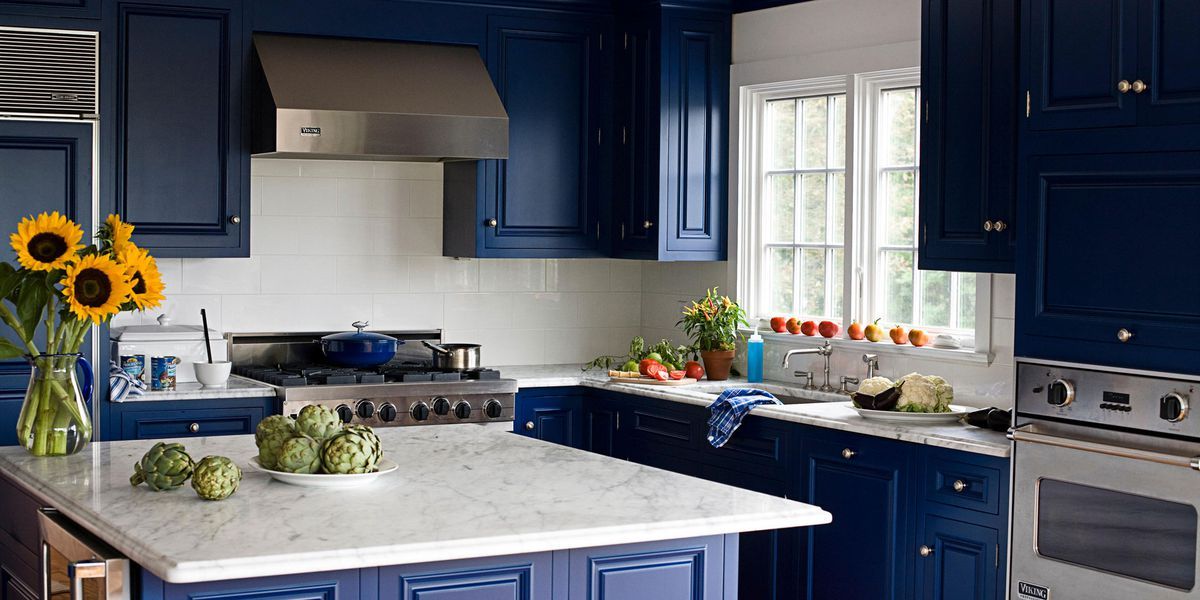

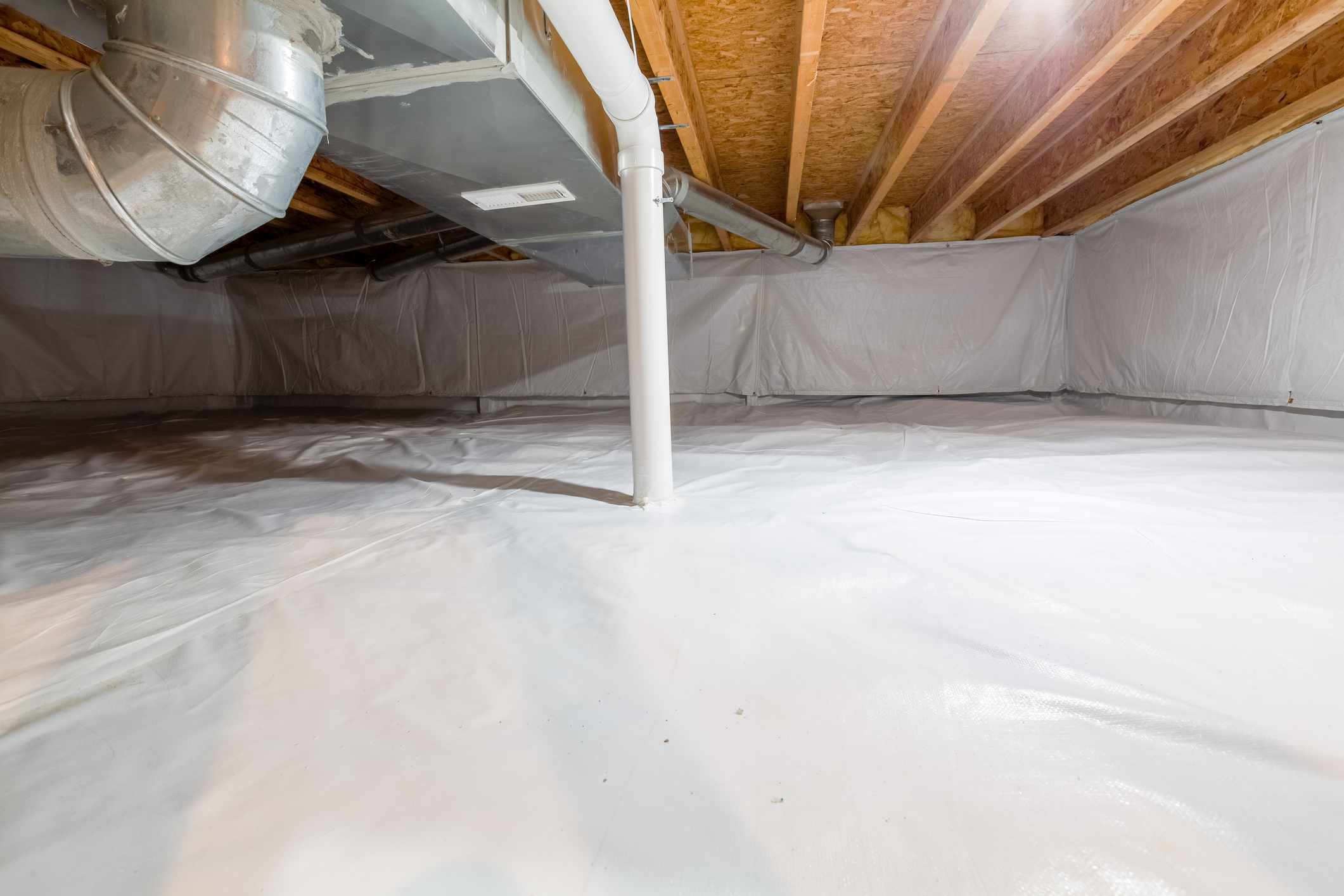


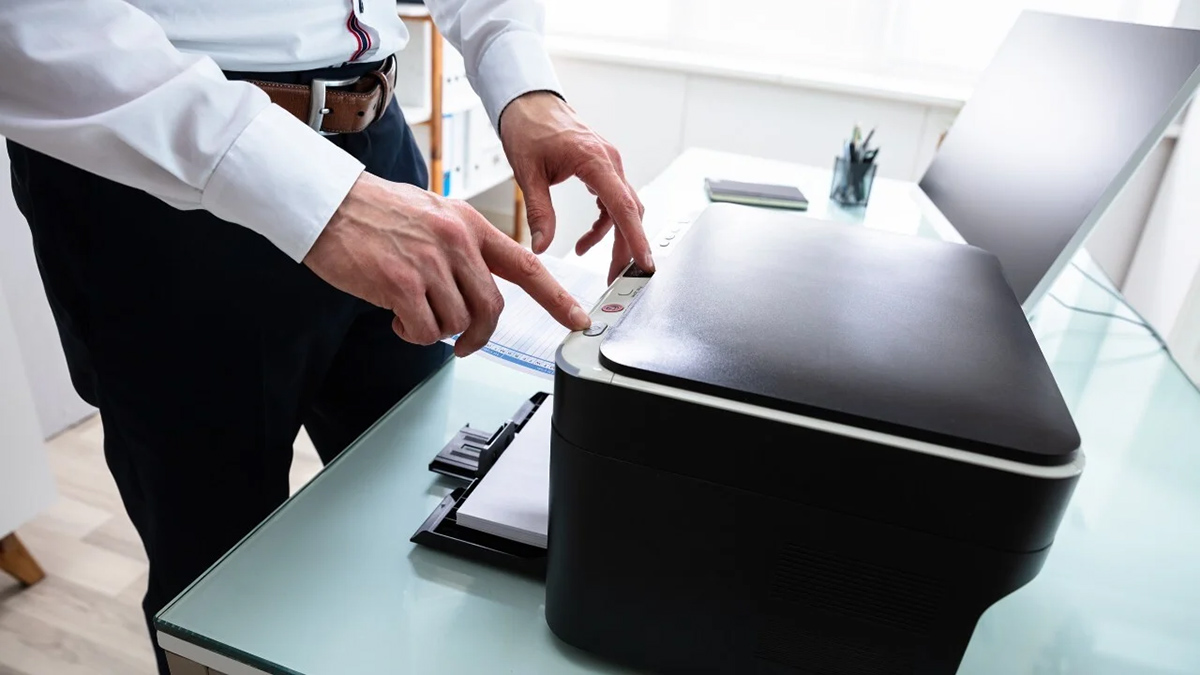
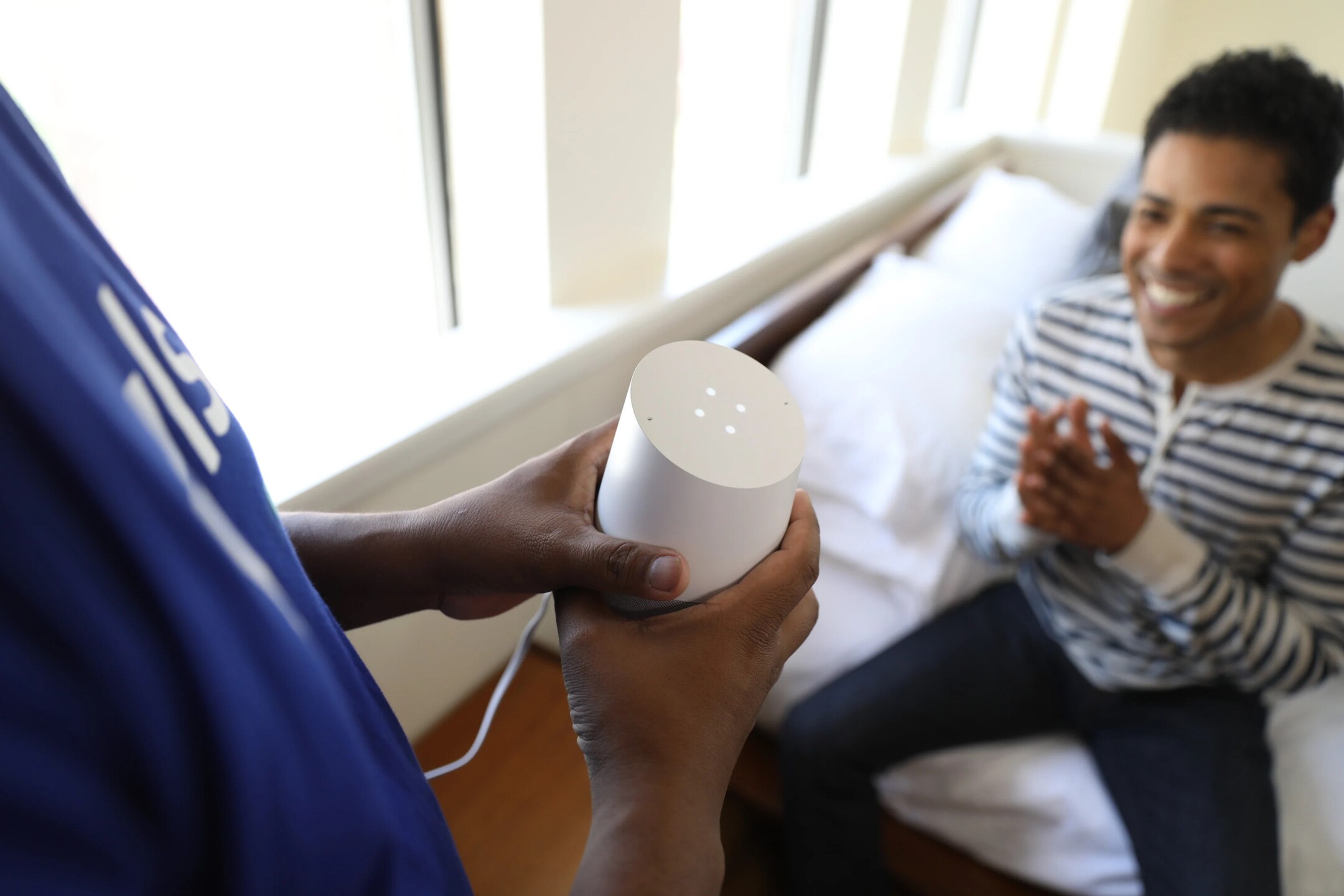

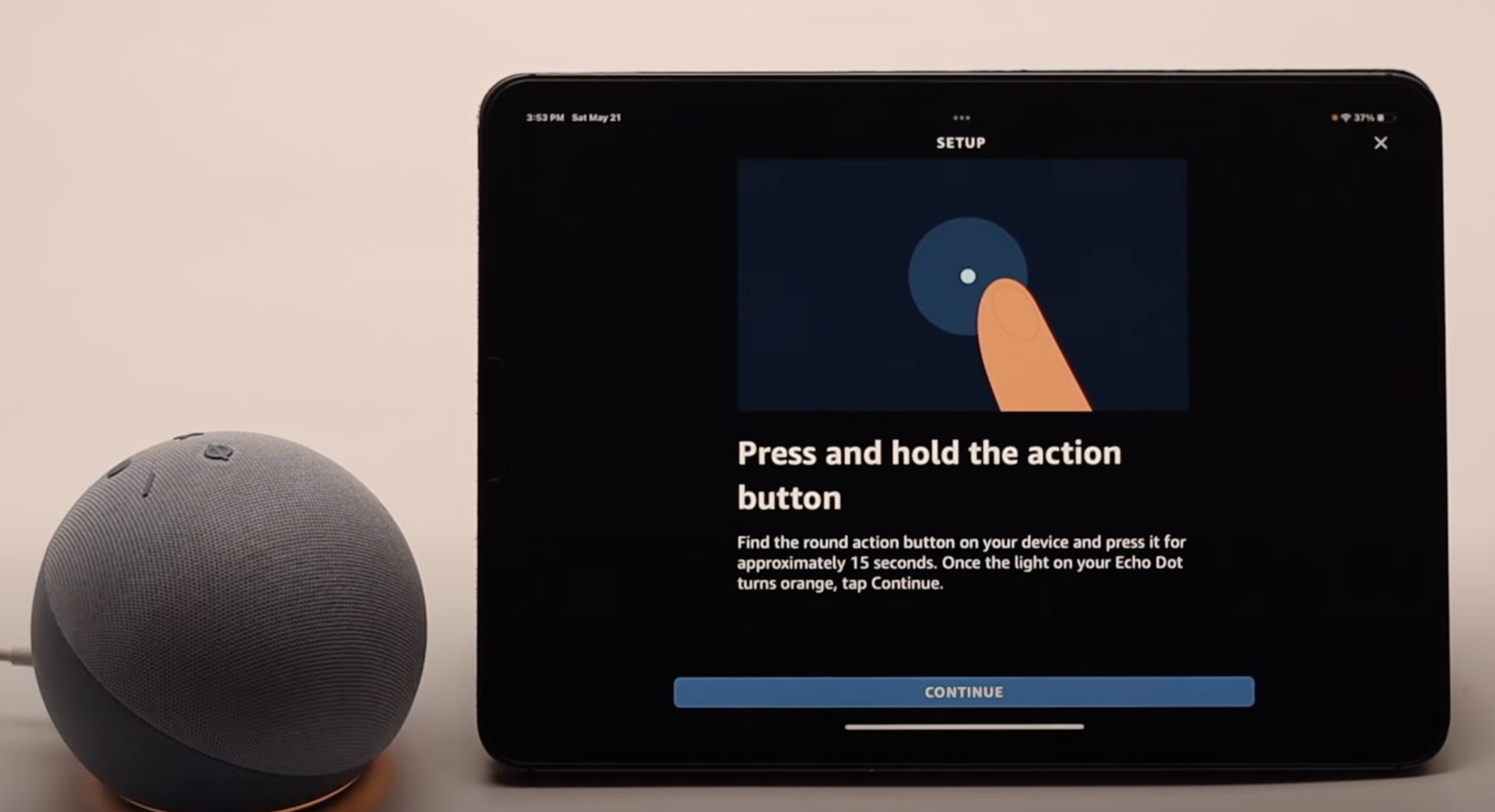



0 thoughts on “What Does A Messy Room Say About Your Personality?”